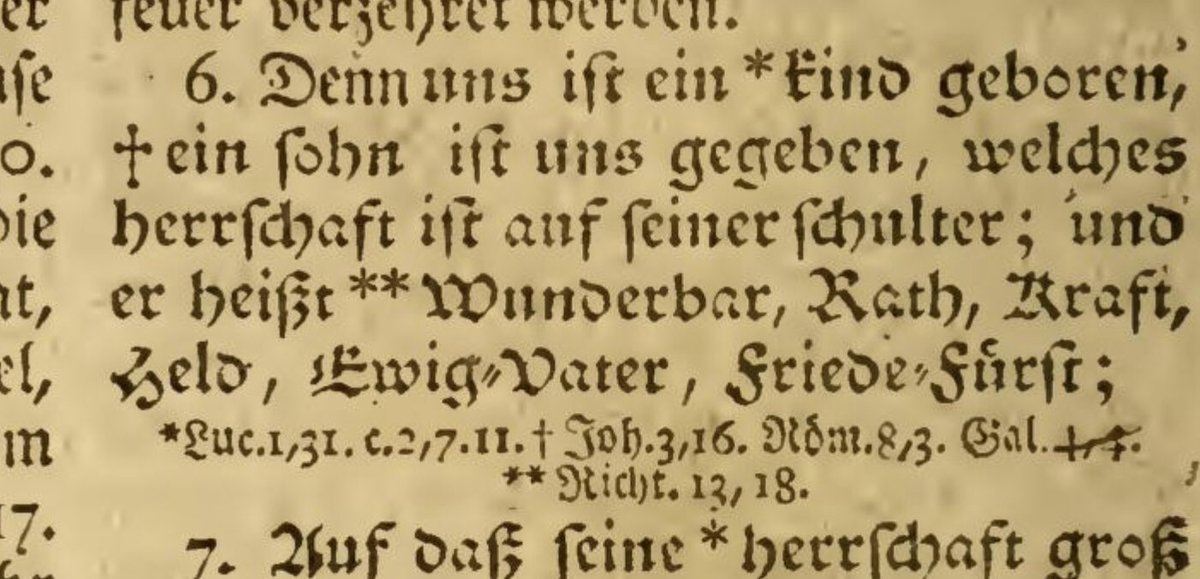
I will leave to the learned such as @K_L_Phillips to explain the significance of Hebrew cantillation signs (the sign on top rhs is telisha gedola) which record the rhythm & melody of traditional recitation, & often indicate early understanding.

Like the following title ‘mighty God’, it’s language connected elsewhere with the one God of Israel.
Now we know that this text was written long before the New Testament.
We also know that the New Testament doesn’t cite it.
Yet Christians see it as fitting uncannily well with Jesus.
Understanding Jesus as God come down makes sense of a lot.
END



















